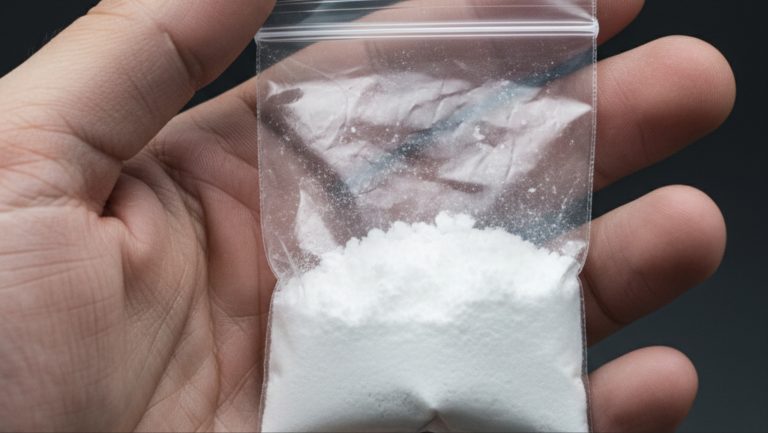It’s an impact on UK ravers that only giggle with gas as Nitrous Oxide, commonly known as laughing gas, is set to join the list of outlawed substances. By 2023’s curtain fall, holding onto this party favorite will have you on the wrong side of the law under the Misuse of Drugs Act 1971.
This switch-up marks the first occasion where possessing this soon-to-be Class C substance can have you behind bars. Usage for recreational purposes could lead to a 2-year prison sentence, while distribution carries a severe penalty of up to 14 years. This move stems from the government’s £160 million initiative to combat anti-social behaviors in England and Wales, aimed at issues including homelessness and fast-tracking tenant evictions.
Though 2021 witnessed the Advisory Council on the Misuse of Drugs (ACMD) sidestepping calls to prohibit Nitrous Oxide, the cry for its ban echoed louder this February, championed by Crime and Policing Minister Chris Philip. It’s no secret this gas holds a special place in the hearts of the electronic music community, frequently making appearances post-raves and at major festivals.
However, Professor David Nutt from Drug Science, a UK independent organization, highlighted that the Psychoactive Substances Act 2016 already categorizes the supply and production of laughing gas as illegal. Prohibition, he points out, has unfortunately nudged the youth towards more dangerous consumption patterns.
Nutt noted the dangers in the banning of smaller nitrous canisters, driving people to less detectable and significantly more dangerous cylinders. “It’s about enforcing existing laws, not making new ones to target consumers,” he argued. To him, the move indicates the government’s intent to punish rather than guide the youth. Nutt suggests a more compassionate approach might involve personal possession limits and ensuring used canisters don’t end up as litter.
Ester Kincová of Transform Drug Policy Foundation concurs, emphasizing that the government might be doing more harm by ignoring expert advice. She believes that the ban won’t necessarily decrease usage but might push users towards riskier habits and deter them from seeking assistance when needed.
She opines, “It’s time to look at the bigger picture. We’ll end up with more youths with criminal records, taxing our police forces further.” For Kincová, the way forward involves understanding drug use as a health concern and investing in education and harm reduction measures.
Besides its notorious party reputation, Nitrous Oxide is instrumental in the medical field and, yes, in whipping up some delicious cream. Government data pinpoints it as the third most popular substance among the youth of England. Though frequent use has its health repercussions, from vitamin deficiencies to nerve issues, the official stats registered 56 nitrous-related fatalities between 2001 and 2020 in England and Wales. Rave safe, folks!




